Outcry Forces EFCC to Plan Release of Social Critic VeryDarkMan Amidst Pending Charges In a significant development fueled by public outcry, the Economic and Financial Crimes Commission (EFCC) is reportedly set to release popular social media activist and critic, Martins Vincent Otse, widely known as VeryDarkMan, after days of detainment. The move comes amid widespread
Outcry Forces EFCC to Plan Release of Social Critic VeryDarkMan Amidst Pending Charges
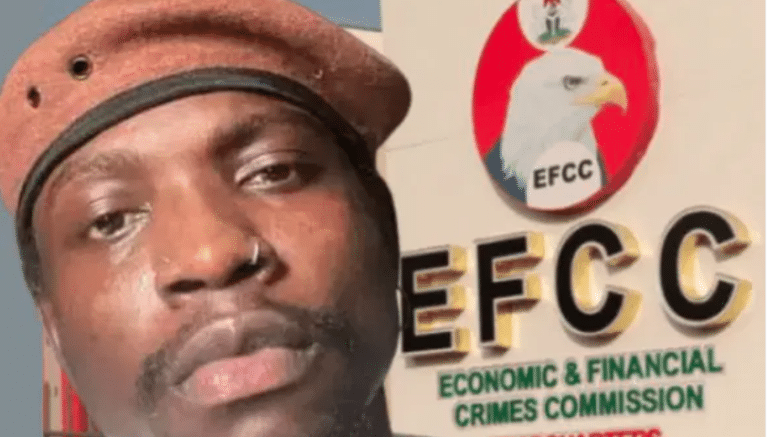
In a significant development fueled by public outcry, the Economic and Financial Crimes Commission (EFCC) is reportedly set to release popular social media activist and critic, Martins Vincent Otse, widely known as VeryDarkMan, after days of detainment. The move comes amid widespread allegations of suppressing free speech and growing scrutiny over the activist’s arrest.
Otse was arrested on Friday, May 2, 2025, sparking a wave of protests on social media and renewed debates over the boundaries of activism in Nigeria. According to reports, the EFCC is preparing to formally arraign him in court on Thursday, May 8, 2025, but has agreed to release him on bail by Tuesday.
Oyo Govt Intensifies Crackdown On Illegal Mining With Executive Order Enforcement
EFCC Under Pressure Over Otse’s Detention
The keyword “EFCC” has become the center of Nigeria’s digital and political discourse in recent days as activists, legal experts, and civil society groups question the legality and timing of Otse’s arrest. A senior EFCC official, speaking to Vanguard, revealed that the delay in his release is due to the absence of formal charges.
“He remains in custody because arraignment procedures are still being finalized,” the official noted, suggesting that the commission intends to ensure a strong legal footing before bringing the matter to court.
Further insight from internal sources indicates that the EFCC is compiling multiple charges against Otse. These are reportedly based on several petitions submitted by individuals accusing the outspoken critic of cyberstalking and other related offenses under Nigeria’s Cybercrimes Act.
This growing list of grievances has, however, been met with skepticism by rights advocates, who argue that Otse’s arrest appears more punitive than procedural. The timing—just before a scheduled public appearance—has also fueled speculation of an attempt to silence dissent.
EFCC Confirms Complaints Behind Arrest
In a statement made available to BBC News Pidgin on Monday, EFCC spokesperson Dele Oyewale confirmed the arrest, citing the receipt of multiple petitions from different individuals. He clarified that the arrest was not based solely on a complaint by GTBank, as widely speculated online.
“We arrested him to respond to a series of allegations raised against him by some petitioners,” Oyewale stated, reaffirming that the EFCC’s actions were within the scope of the law. “This isn’t about a single entity or corporation; these are multiple individuals who felt aggrieved enough to approach us,” he added.
Oyewale further explained that Otse would be granted bail once all required conditions are met. The EFCC is reportedly working to complete its investigation before Thursday’s expected arraignment in court.
Public Reaction and Legal Observations
The arrest has sparked a polarizing debate among Nigerians. While some argue that no one is above the law and support the EFCC’s right to investigate allegations of cybercrime, others see the move as an abuse of power.
Otse, known for his unfiltered criticism of powerful figures and institutions, has amassed a large following on social media. His fans and supporters describe him as a voice for the voiceless, while detractors accuse him of crossing ethical lines with aggressive commentary.
Legal analysts have weighed in, suggesting that while cyberstalking is a chargeable offense, law enforcement must balance enforcement with the constitutional right to freedom of expression. Human rights lawyer Barr. Chika Okafor told newsmen that, “There must be a clear distinction between criticism and criminal conduct. The EFCC must prove that Otse’s actions meet the threshold for cybercrime, not just dissent.”
With Otse’s release expected by Tuesday and his court arraignment scheduled for Thursday, the spotlight now turns to the EFCC’s legal strategy. Observers believe the charges, if weakly substantiated, could backfire and intensify scrutiny on the agency’s actions.
Meanwhile, civil society groups are calling for increased oversight of law enforcement agencies and greater protection for digital activists in Nigeria. Whether this arrest marks a crackdown or a lawful intervention remains a question for the courts to answer.
As Nigerians await the next chapter in this high-profile case, one thing is certain: the EFCC’s actions will continue to face intense public and media examination in the coming days.

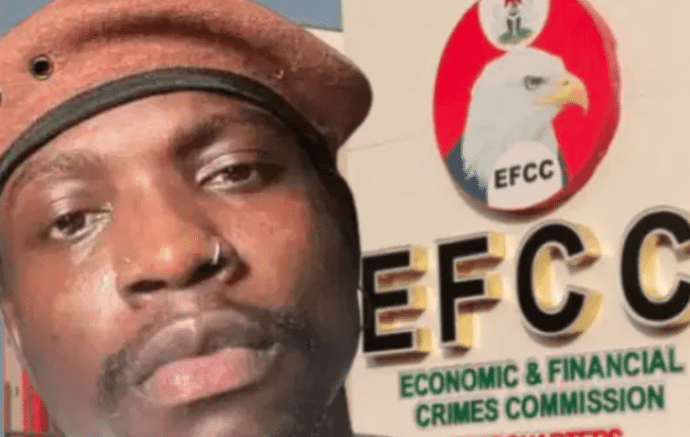
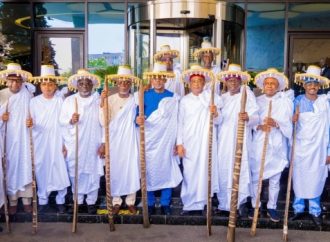


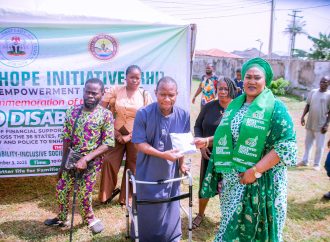
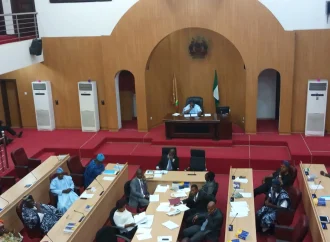



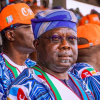







Leave a Comment
Your email address will not be published. Required fields are marked with *